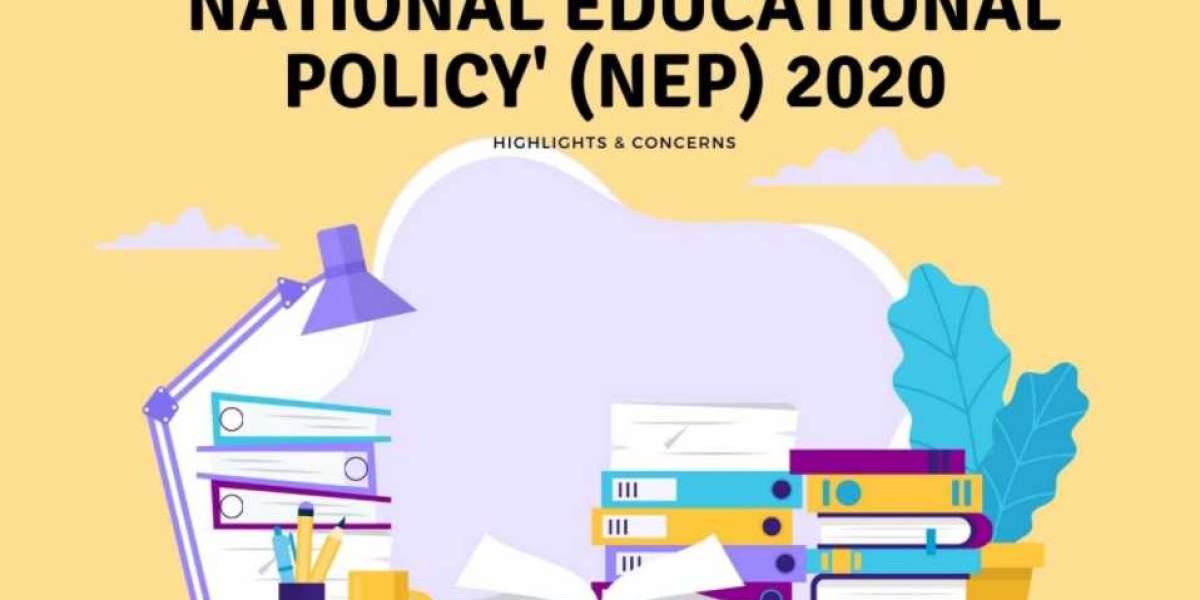PM Modi's government has been putting up a hard fight during a world pandemic that no other government has previously faced before. During the lockdown period that lasted in the nation for almost 3 months, the government realized how educational institutions still bear the risk of opening. Since the Covid-19 cases have only been rising the government saw this as an opportunity to re-evaluate and make reforms to the National Educational Policy i.e. #NEP
NEP has been criticized since the times of Congress, around the same time Parliament passed the first education policy in 1968 based on the suggestions of a commission headed by then UGC Chairperson D S Kothari. This NEP is reviewed and changed after every decade almost. The third NEP is released under the BJP government this year to broaden horizons for the young population that resides in India and provide them with opporunities to seek advanced learning.
The biggest change is the new NEP pitches for a “5+3+3+4” design respectively to the age groups of 3-8 years (foundational stage), 8-11 (preparatory), 11-14 (middle), and 14-18 (secondary). This would pave the road for early education for children under formal schooling. The NEP also says that the children should be taught in their mother tongue till class 5 to promote and maintain the cultural knowledge with the future generations.
Reforms are also seen at higher education levels, as the bachelor programme has been extended to be a 4 year programme instead of 3. This would let a BA student enter an year of research for their degrees and gain a deeper knowledge of their subject to perform better in Masters. Internationalisation of these higher level institutions is also introduced in NEP where foreign universities will be invited to India to open colleges for students who may not be able to travel and seek that opportunity. This move is highly beneficial as this would attrack staff, faculty members, new systems to India enabling valuable addition to the institutions. The NEP aims to attract top 100 QS World Ranking universities to open offshore campuses in India. The foreign universities would bring in programme and institution mobility.
The reforms also would need the cooperation of the states, as education falls into the ambit of state list, thus with the collaboration between centre and state can these reforms reach their end goal.








